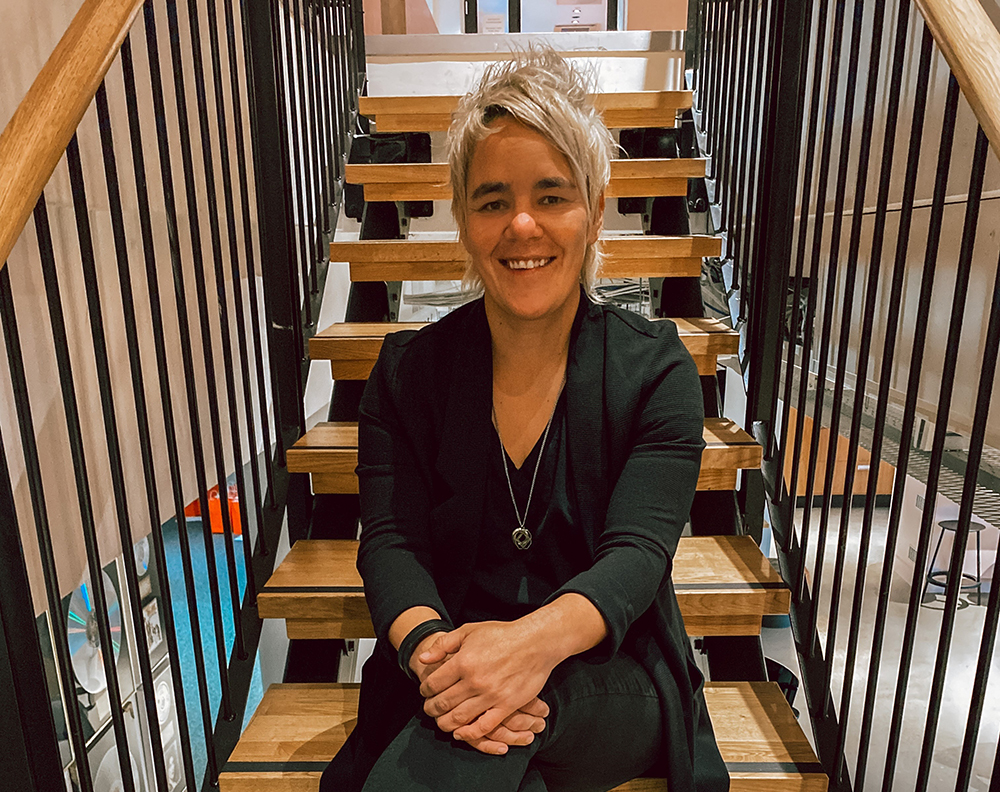
LOS ANGELES (CelebrityAccess MediaWire) — When Michael Rapino took over what would become Live Nation, the live music business operated on narrow margins, famously described by a Goldman-Sachs analyst as the "river of nickels" strategy. Rapino wanted to shake up that business model and during a recent interview with the Wall Street Journal, he discussed his views on the business, former business partners
"We've always been the lowest-margin business in the entire music industry," Rapino told the WSJ. "We were the middleman in the middle."
"We're already spending billions of dollars on the artists' rights," he added. "Is there a better way to buy the rights? Longer, wider, higher-margin rights?"
Live Nation's strategy was certainly bold. Writing all-encompassing "360" deals, inclusive of touring, recording and merchandising rights with major artists and paying massive money up-front for what Live Nation believes will be a long-term payoff. The strategy seems to be paying off too and although the price of Live Nation's stock has fallen sharply with the rest of the market, the numbers from the most recent Madonna tour would seem lend some credence to Rapino's strategy and the $150 million Live Nation paid the singer in exchange for her 10-year contract.
Rapino is an unconventional executive and the Journal article describes him arriving for dinner at Katsuya, an exclusive Los Angeles sushi restaurant for a meal with Jay-Z, sporting a three-day black beard, a black t-shirt, jeans and a motorcycle jacket. Hailing from the small town of Thunder Bay, Ontario, Rapino got his start in the business promoting concerts for Labatt's Brewery while in college. After graduation, he signed on with the company full time.
Labatt was a major player in the Canadian live entertainment and sports world in the 1990s and allowed Rapino to make connections, including with Michael Cohl, who at the time, was working with the Rolling Stones. Cohl made an impression on Rapino, who told the WSJ that "I don't want to be Keith Richards. I want to be Michael Cohl."
Flash forward to 2005 when Clear Channel decides to spin off their live entertainment division, the least profitable part of their company, with Rapino in charge. Rapino hit the ground running, and as the WSJ describes, made the bottom line his primary focus. In this, he has been successful, stemming the bleeding from a net loss of $130 million 2.9 billion revenue in 2005 to a loss of $12 million, on $4.2 billion revenue in 2007.
To accomplish this goal, Rapino devised a multi-pronged strategy to change the company's business model. Live Nation proceeded to expand its foothold in the live touring industry, by buying up the House of Blues chain and making plans to challenge Ticketmaster, while divesting its theatrical and motor sports divisions.
Taking a page from the television world, Rapino also devised the now well-known 360 deal. "If you want to simplify it, we stole it from the TV upfronts," Rapino told the WSJ.
According to Rapino, aligning yourself with artists is the key. "There are more buildings than there are artists," Rapino told the Journal "That's why I want to be in the artist business."
Rapino thinks people have focused too much on the huge sums Live Nation has given artists it has pacted with instead of the actual context of the deal.
"Remember, we were never in any business but a 90–10," Rapino told the Journal "Making deals with splits of 50–50 and 75–25, "that's a huge upside for us."
Furthermore, the risk for each deal is spread out, securing revenue streams from not only live touring, but albums and a 50 percent cut of merch and licensing deals, a potentially very lucrative sideline with an entrepreneurial artist like Madonna.
When Live Nation started signing artists for major money, it attracted considerable attention and to help him manage communicating with these artists, Rapino brought his former mentor Michael Cohl on board to head up the recorded music division, Artist Nation by purchasing Cohl's Concert Productions International for $154 million in September 2007.
According to the WSJ, Cohl soon began to push for a more aggressive approach, signing two more major deals with Shakira and Nickelback and was pushing for numerous others. Rapino was looking for a more conservative strategy of signing 3-4 new artists a year and the two soon began to clash. The dispute, detailed previously in CelebrityAccess, came to a head when Cohl called the emergency board meeting that ultimately led to Cohl being oustered.
Despite Rapino's enthusiasm and the attention the "360" deals have drawn, not everyone's so sure that its viable strategy. Investors have signaled their uncertainty, leaving Live Nation's stock trading at 3.93 at close on Monday, down from a 23 last year at approximately the time the first 360 deal with Madonna was announced.
Many in the industry are taking a wait-and-see approach.
"There's a lot of potential there and Rapino is a very smart guy. But it's early in the game to call." Marc Geiger, head of contemporary music at the William Morris Agency, told the WSJ.
Such criticism seems to matter little to Rapino and he hinted to the Journal about other 360 deals may be in the pipeline, including possible pacts with Lil Wayne and Kayne West, both of whom are currently under contract with major labels.
"Kanye? Absolutely," Rapino said, speaking of a recent visit by West to LN's offices "He said, 'I thought I was just coming in here to get a big check. But you guys can actually help me grow my business!'?" – CelebrityAccess Staff Writers



















































